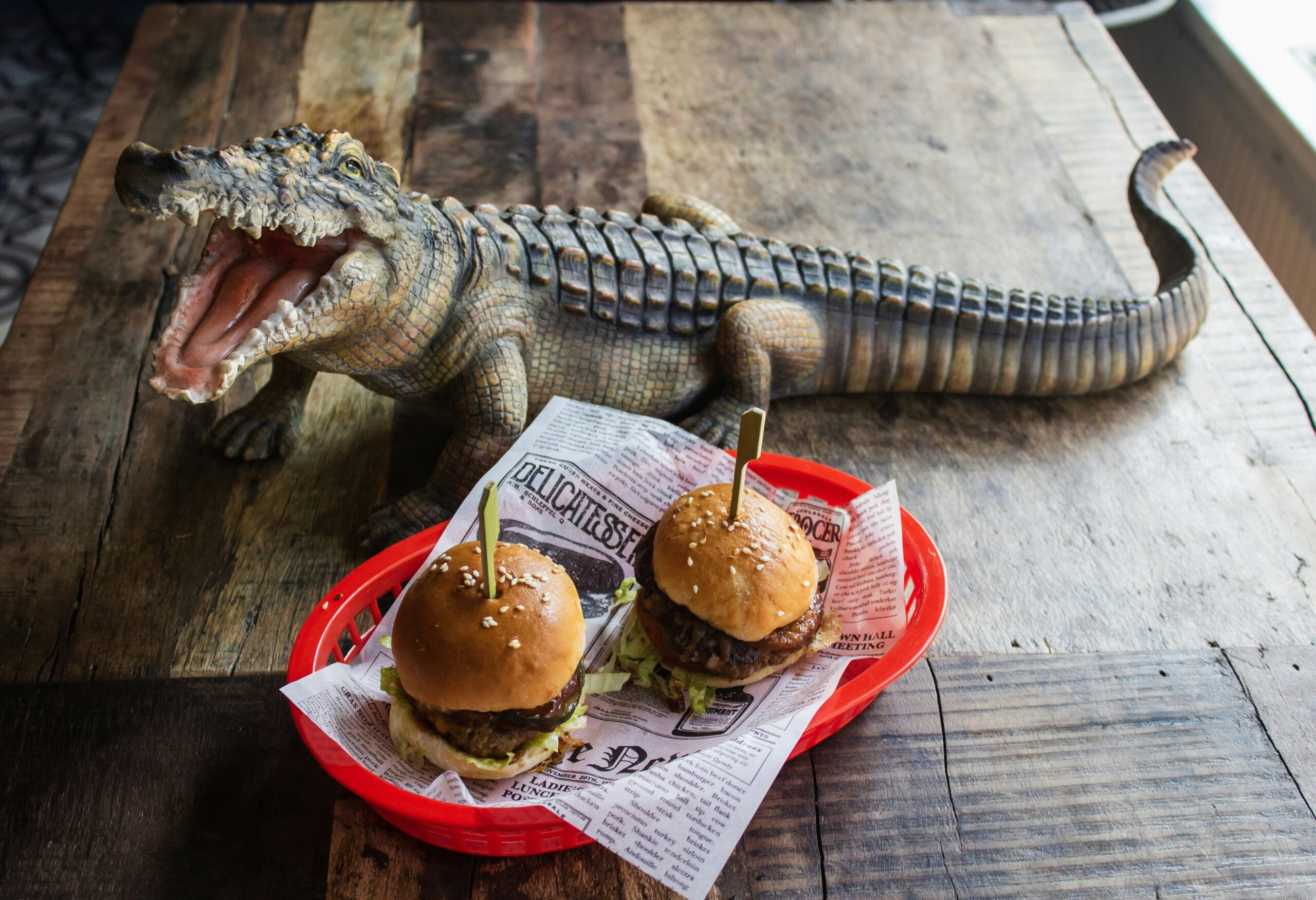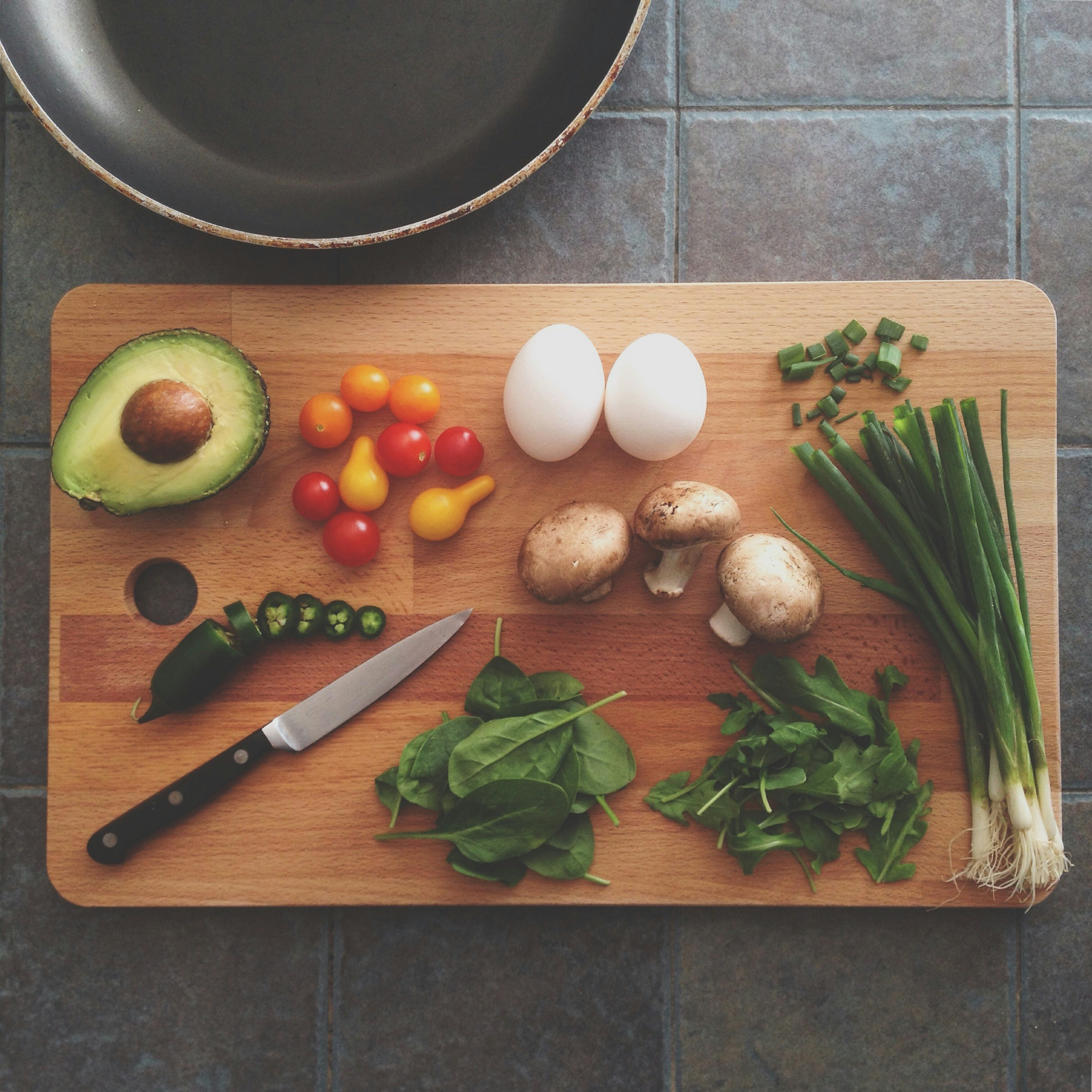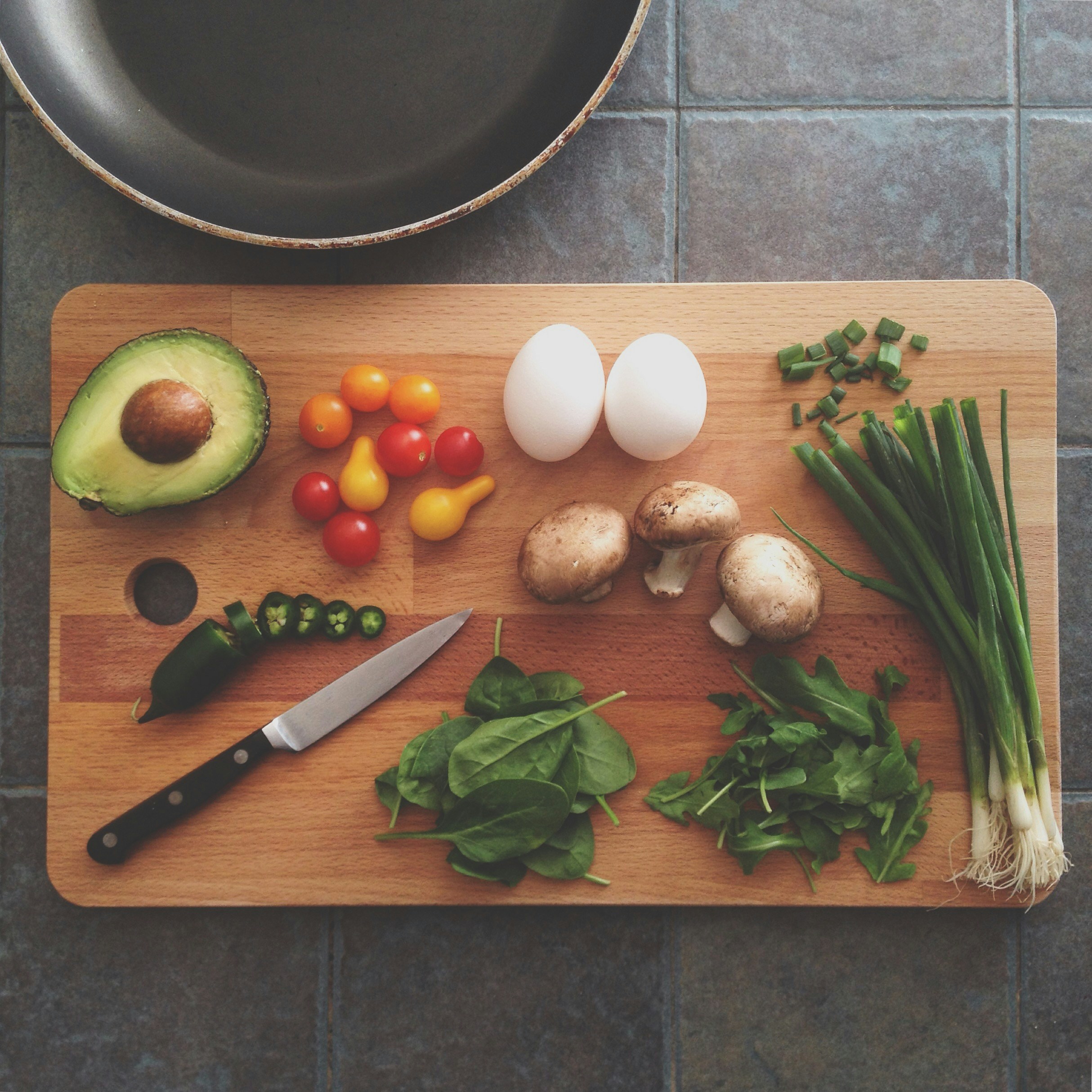Are you searching for the ultimate guide to find delicious and satisfying foods with no carbs? Look no further! In this article, we will explore a variety of mouthwatering options that will delight your taste buds while keeping your carb intake in check. Whether you’re following a low-carb diet or simply looking to reduce your carb consumption, we’ve got you covered. Get ready to discover an array of nutrient-packed foods that are both satisfying and guilt-free. Say goodbye to carb-loaded meals and say hello to a world of flavorful, carb-free delights!

Understanding Low Carb Diet
Concept of No Carb Diet
A low carb diet, also known as a no carb diet, is a dietary approach that focuses on significantly reducing the consumption of carbohydrates. Carbohydrates are a macronutrient found in foods such as grains, fruits, vegetables, and dairy products. The concept behind a no carb diet is to restrict the intake of carbs and replace them with protein, healthy fats, and low carb vegetables. By doing so, it aims to promote weight loss, stabilize blood sugar levels, and improve overall health.
Benefits of Low Carb Diet
Following a low carb diet offers numerous benefits for your health. One of the primary advantages is weight loss. When you limit your carb intake, your body starts burning stored fat as a source of energy, leading to weight loss. Additionally, a low carb diet has been proven to improve blood sugar control, making it an excellent option for individuals with diabetes or those looking to prevent it. It also helps reduce cravings and hunger, as protein and healthy fats keep you feeling full for longer periods. Moreover, a low carb diet can improve heart health by lowering cholesterol and triglyceride levels. Lastly, it may also enhance cognitive function and provide a steady energy supply throughout the day.
Misconceptions about No Carb Diet
Despite the numerous benefits, there are several misconceptions surrounding the no carb diet. Firstly, it is important to note that a no carb diet does not mean eliminating all carbohydrates completely. It simply means restricting their consumption. Secondly, people often assume that a no carb diet means you cannot enjoy a range of delicious and satisfying foods. However, with careful planning and recipe choices, there are plenty of appetizing meals one can enjoy on a low carb diet. Finally, some people believe that a no carb diet is a short-term solution, but in reality, it can be a sustainable lifestyle change with long-term health benefits.
Eggs as a No Carb Source
Protein Content in Eggs
Eggs are an excellent source of high-quality protein, making them an ideal choice for individuals following a no carb diet. A single large egg provides approximately 6 grams of protein, which is crucial for building and repairing tissues, maintaining muscle mass, and supporting overall health. Including eggs in your meals can help increase satiety, boost metabolism, and aid in weight management.
Health Benefits of Eggs
Apart from being a great source of protein, eggs offer numerous health benefits. They are packed with essential vitamins and minerals, including vitamin D, vitamin B12, choline, and selenium. Vitamin D is crucial for calcium absorption and bone health, while vitamin B12 is essential for red blood cell production and neurological function. Choline supports brain health and is particularly important during pregnancy. Additionally, eggs are rich in antioxidants such as lutein and zeaxanthin, which promote eye health and protect against age-related macular degeneration.
Easy Egg Recipes for No Carb Diet
Incorporating eggs into your no carb diet is incredibly easy and versatile. For breakfast, you can enjoy a delicious omelette filled with low carb vegetables like spinach, mushrooms, and peppers. Another option is a simple hard-boiled egg, which can be enjoyed on its own or sliced over a bed of fresh salad greens. If you prefer a quick snack, you can make mini egg muffins with your favorite low carb ingredients like cheese, bacon, or diced vegetables. The options are endless when it comes to incorporating eggs into your no carb diet.
Seafood for No Carb Diet
Types of Seafood Ideal for No Carb Diet
Seafood is a fantastic choice for individuals following a no carb diet as it is inherently low in carbohydrates and packed with essential nutrients. Fish such as salmon, trout, and mackerel are excellent options due to their high omega-3 fatty acid content, which supports heart health, reduces inflammation, and improves brain function. Shellfish like shrimp, crab, and lobster are also low in carbs and offer a good source of protein, vitamins, and minerals.
Nutrients in Seafood suitable for Low Carb Diet
Seafood is not only low in carbs but also rich in essential nutrients. It is an excellent source of high-quality protein, providing all the essential amino acids required for optimal health. Seafood is also high in vitamins such as vitamin D, vitamin B12, and vitamin A, which are crucial for various bodily functions. Additionally, seafood contains minerals like selenium, zinc, and iodine, which support immune function, thyroid health, and overall wellbeing.
Seafood Recipes in No Carb Diet
Incorporating seafood into your no carb diet is a delicious and nutritious way to diversify your meals. Grilled salmon with a side of steamed asparagus and lemon butter sauce is a simple yet flavorful option. You can also enjoy a refreshing seafood salad by combining shrimp, crab, and lettuce with a light vinaigrette dressing. Another idea is to make spicy garlic butter shrimp served over a bed of zucchini noodles for a satisfying low carb pasta alternative. With countless seafood recipes available, you can indulge in a variety of flavorful dishes while still adhering to your no carb diet.
Low Carb Vegetables
Importance of Vegetables in a No Carb Diet
Vegetables play a crucial role in a no carb diet as they provide essential vitamins, minerals, and fiber while being low in carbohydrates. They are packed with antioxidants, which help protect the body from damage caused by harmful free radicals. Additionally, vegetables contribute to overall satiety and can aid in weight management due to their high fiber content.
List of Low Carb Vegetables
When following a no carb diet, it’s important to choose vegetables that are low in carbohydrates. Some examples include leafy greens like spinach, kale, and lettuce, which provide an abundance of nutrients without adding significant carbs. Cruciferous vegetables such as broccoli, cauliflower, and Brussels sprouts are also excellent choices due to their high fiber content. Other low carb options include zucchini, cucumber, bell peppers, and mushrooms.
Vegetable Recipes for No Carb Diet
Incorporating low carb vegetables into your meals is not only nutritious but also adds variety and flavor to your no carb diet. You can make a delicious spinach and feta stuffed chicken breast by sautéing spinach with garlic, mixing in feta cheese, and stuffing it inside a chicken breast before baking. Another option is to create a refreshing cucumber and tomato salad with a light dressing of olive oil, lemon juice, and herbs. Roasted cauliflower with garlic and parmesan cheese makes for a tasty side dish that pairs well with grilled meats. With endless possibilities, you can enjoy a wide range of vegetable-based recipes while keeping your carb intake low.

Lean Meats in No Carb Diet
Choosing the Right Meats for No Carb Diet
Including lean meats in your no carb diet is essential as they provide an excellent source of protein without the added carbohydrates. When selecting meats, opt for lean options such as skinless chicken breast, turkey breast, lean cuts of beef or pork, and game meats like venison or bison. These meats are low in fat and high in protein, making them ideal for weight management and overall health.
Benefits of Lean Meats Consumption
Consuming lean meats offers several health benefits, especially when following a no carb diet. Firstly, they are rich in high-quality protein, which is essential for muscle growth, repair, and overall body function. Protein also promotes satiety, helping you feel fuller for longer periods and reducing cravings. Lean meats are also low in carbohydrates and unhealthy fats, making them heart-healthy choices. Additionally, they provide important nutrients such as iron, zinc, and B vitamins, which support optimal energy levels, immune function, and metabolism.
Easy Meat Recipes for No Carb Diet
Incorporate lean meats into your no carb diet with these simple yet delicious recipes. Grilled chicken or turkey breast marinated in herbs and spices is a versatile option that can be enjoyed with a side of steamed vegetables or in a salad. For a more flavorful dish, you can make a stir-fry using lean beef or pork with a variety of low carb vegetables and a soy sauce alternative like tamari. Another idea is to prepare grilled skewers with marinated venison or bison, paired with grilled peppers and onions. With these easy meat recipes, you can enjoy satisfying meals while sticking to your no carb diet.
Cheese and Dairy in No Carb Diet
Understanding Dairy Options for No Carb Diet
Cheese and dairy products can be incorporated into a no carb diet, but it’s essential to choose wisely. Full-fat dairy products such as cream, butter, and cheese are typically low in carbohydrates and can be included in moderation. However, it’s important to read labels and avoid flavored or processed cheeses that may contain hidden carbohydrates. Plain Greek yogurt and cottage cheese are also good options, as they are high in protein and lower in carbohydrates compared to regular yogurt.
Nutritional Benefits of Cheese
Cheese not only adds flavor to your meals but also provides several nutritional benefits. It is an excellent source of high-quality protein, which helps maintain muscle mass, support immune function, and keep you feeling full. Cheese is also rich in important nutrients like calcium, phosphorus, and vitamin B12, which are essential for bone health, energy production, and nervous system function. Additionally, it contains beneficial fatty acids, including conjugated linoleic acid (CLA), which has been associated with various health benefits, such as reduced inflammation and improved body composition.
Dairy Recipes for No Carb Diet
Incorporating cheese and dairy into your no carb diet can be both delicious and nutritious. Create a satisfying breakfast by making a veggie and cheese omelette using a variety of low carb vegetables like spinach, mushrooms, and tomatoes. For a quick snack, enjoy a cheese and vegetable skewer or make a simple cheese and charcuterie plate with your favorite low carb meats and cheeses. You can also experiment with cauliflower-based dishes, such as cauliflower crust pizza topped with a variety of cheeses and vegetables. With these dairy recipes, you can indulge in tasty meals while keeping your carbohydrate intake low.

The Role of Nuts and Seeds
Understanding the Carb Content in Nuts and Seeds
While nuts and seeds are highly nutritious, it’s essential to be mindful of their carb content when following a no carb diet. Most nuts and seeds are relatively low in carbohydrates, making them suitable for a low carb lifestyle. However, they can still contribute to your carbohydrate intake, so portion control is crucial. Keep in mind that some nuts and seeds, such as cashews and pistachios, have higher carbohydrate content compared to others like almonds and sunflower seeds.
Benefits of Nuts and Seeds in Diet
Nuts and seeds offer numerous health benefits and can be a great addition to a no carb diet. They are excellent sources of healthy fats, including monounsaturated and polyunsaturated fats, which support heart health and reduce inflammation. Nuts and seeds are also rich in fiber, which aids in digestion, promotes satiety, and helps regulate blood sugar levels. Additionally, they provide a wide range of vitamins, minerals, and antioxidants, such as vitamin E and magnesium, which support overall health and wellbeing.
Nuts and Seeds Recipes Suitable in No Carb Diet
Incorporating nuts and seeds into your no carb diet can be as simple as enjoying them as a snack or adding them to your meals for added texture and flavor. Create a delicious and nutritious trail mix using a combination of almonds, walnuts, pumpkin seeds, and unsweetened dried berries. Another option is to make homemade nut butter using your preferred nuts or seeds and enjoy it as a spread or dip. You can also add crushed nuts or seeds to your salads or sprinkle them over roasted vegetables for added crunch. With these ideas, you can enjoy the many benefits of nuts and seeds while maintaining a low carb diet.
Healthy Fats in No Carb Diet
Types of Healthy Fats
Including healthy fats in a no carb diet is crucial for overall health and wellbeing. Healthy fats are essential for hormone production, nutrient absorption, brain function, and cell membrane integrity. Some examples of healthy fats include monounsaturated fats found in foods like avocados, olive oil, and nuts; polyunsaturated fats found in fatty fish, flaxseeds, and chia seeds; and saturated fats from sources like coconut oil and grass-fed butter. It’s important to include a variety of healthy fats in your diet for optimal health benefits.
Benefits of Including Fats in No Carb Diet
Contrary to popular belief, consuming healthy fats is beneficial for a no carb diet. Fat is an excellent source of energy and helps you feel satiated, reducing cravings and promoting weight management. Including healthy fats in your meals can also support nutrient absorption, as certain vitamins, like vitamin D and vitamin E, are fat-soluble and require fats to be properly utilized by the body. Additionally, healthy fats provide essential fatty acids that support brain health, reduce inflammation, and promote heart health.
Cooking with Healthy Fats
Cooking with healthy fats is not only delicious but also adds nutritional value to your no carb diet. Use olive oil or avocado oil for sautéing or roasting vegetables, as they provide a rich flavor and beneficial monounsaturated fats. Coconut oil is a great option for higher heat cooking, such as stir-frying or baking. It provides a unique flavor and contains medium-chain triglycerides (MCTs), which are quickly absorbed and used for energy. Incorporate avocado into your meals by using it as a spread or adding it to salads, as it is a great source of healthy fats and adds a creamy texture. With these cooking tips, you can enjoy the benefits of healthy fats in your no carb diet.
Role of Beverages in a No Carb Diet
Safe Beverage Options in No Carb Diet
When following a no carb diet, it’s important to choose beverages that do not contain added sugars or high carbohydrate content. Opt for water as the primary beverage choice, as it is calorie-free and essential for hydration. Unsweetened tea, both hot and iced, is another excellent option, providing a range of flavors without added sugars. Coffee is also permissible, but be mindful of any sweeteners or creamers added, as these can contribute to carbohydrate intake. Lastly, sparkling water or club soda can be enjoyed as refreshing alternatives, especially when flavored with a squeeze of citrus juice.
Avoiding Hidden Carbs in Beverages
It’s crucial to be aware of hidden carbohydrates in certain beverages, as they can quickly add up and hinder your progress on a no carb diet. Be cautious of fruit juices, smoothies, and soft drinks, as they are often loaded with added sugars and can significantly spike your blood sugar levels. Additionally, alcoholic beverages may contain carbohydrates, especially those mixed with sugary mixers or fruit juices. If you choose to consume alcohol, opt for options like dry wines, spirits, or light beers, and consume them in moderation.
Recipes of No-Carb Drinks
If you’re looking for variety in your no carb diet beverages, try these refreshing and flavorful recipes. Create a homemade iced herbal tea by infusing your favorite herbal tea bags in cold water overnight and adding a squeeze of lemon or lime for a burst of citrus flavor. Another idea is to make a refreshing cucumber and mint infused water by simply adding thin slices of cucumber and a few sprigs of fresh mint to a jug of ice-cold water. For a creamy and indulgent treat, blend unsweetened almond milk with a scoop of your favorite sugar-free protein powder and a handful of ice for a low carb protein shake. These recipes will keep you hydrated and satisfied, without compromising your no carb diet.
Strategies for a Successful No Carb Diet
Meal Planning for No Carb Diet
Meal planning is vital for a successful no carb diet, as it helps ensure that you have a variety of nutritious and satisfying meals readily available. Start by creating a weekly meal plan, including breakfast, lunch, dinner, and snacks. Focus on incorporating lean proteins, low carb vegetables, healthy fats, and a moderate amount of dairy, nuts, and seeds. Carbohydrate-rich foods like grains, fruits, and starchy vegetables should be avoided or limited. Prepare meals in advance, such as pre-cooked chicken breasts or vegetable stir-fry, and portion them into containers for easy grab-and-go options throughout the week.
Balancing Nutrients in No Carb Diet
While following a no carb diet, it’s essential to ensure you are getting a balance of macronutrients and adequate micronutrients. Aim to include a variety of protein sources, such as lean meats, eggs, seafood, and dairy, to meet your protein needs. Incorporate healthy fats from sources like avocados, olive oil, and nuts to provide satiety and support overall health. Fill your plate with low carb vegetables to obtain essential vitamins, minerals, and fiber. Additionally, consider adding a high-quality multivitamin or specific micronutrient supplements to ensure you meet all your nutritional requirements.
Coping with Carb Cravings
Carb cravings are common when starting a no carb diet, but there are strategies to cope with them effectively. Firstly, ensure that your meals are well-balanced, providing sufficient protein, healthy fats, and low carb vegetables to keep you satiated. Drinking plenty of water throughout the day can also help curb cravings. If you experience a craving, opt for low carb alternatives like a handful of nuts, a cheese stick, or a crunchy vegetable snack. Engaging in physical activity or finding a distraction can also redirect your focus away from cravings. Remember that cravings usually diminish over time as your body adapts to the no carb diet.
In conclusion, a no carb diet, or low carb diet, is a beneficial way to improve your health, manage your weight, and promote overall well-being. By understanding the concepts and benefits of a no carb diet, incorporating nutrient-rich foods like eggs, seafood, vegetables, lean meats, cheese, nuts, and seeds, and staying hydrated with safe beverage options, you can successfully follow a no carb diet. Utilizing strategies such as meal planning, balancing nutrients, and coping with carb cravings will also ensure a successful journey on your no carb diet. Remember, it’s essential to consult with a healthcare professional or a registered dietitian before making any significant dietary changes.

